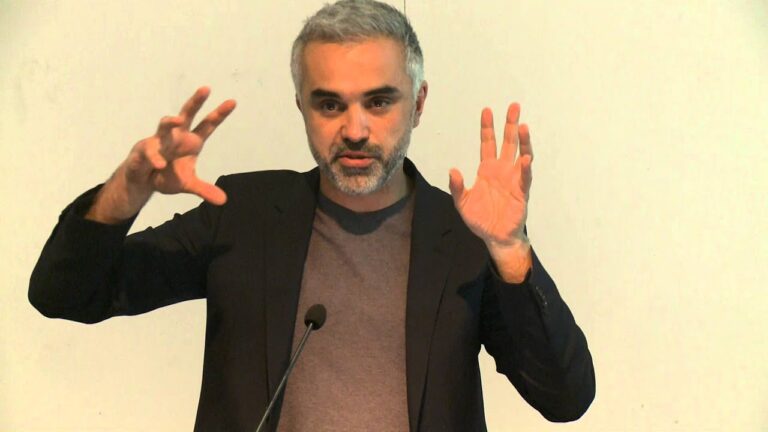
Lecture date: 2016-02-10
The symposium brings together urban educators to discuss how new practices and research have changed urban design conventions and disciplinary assumptions. This is a discussion not only important to urban researchers, but all architects involved in the different scales of designing the built environment.
While the term ‘urban design’ originates from a conference at the Harvard Graduate School of Design in 1956, this was not the first time that the urban was defined as a problem arising between planning and design. Ildefons Cerdà already recognised this a century earlier when coining the term ‘urbanisation’. Also, rather than considering urban design as an academic field with practical orientation that operates between architecture, landscape architecture and planning as an inter-, intra, multi- or cross-disciplinary practice, what if its value is not a management of differences, but the instrumentalisation of conflicts?
The resurgence of urban design education and research is only partially explained by global urbanisation, or the failure of other design disciplines to make meaningful claims to ‘urbanism’. Contemporary urban research challenges the commonly held belief that the urban requires a homogenising intervention and process. The approach of unifying the urban through ideas of place-making, nostalgia for past public spaces, or the codification of ‘good’ urban form is no longer tenable. Instead, richer multi-scalar design research enquiries are emerging, which, for example, make a simultaneous consideration of domesticity, typology, morphology, infrastructure and territory possible. A particular strength of urban design hereby is a framing of abstract contexts such as policy, legal frameworks and planning through considerations of specific constituencies, urban plans, design frameworks, design proposals and physical implementation.
The symposium seeks to clarify how teaching and research methodologies can have a relevance and impact on urban practices and design.
‘Scales as Pedagogy’, Dr Adrian Lahoud (RCA)
‘Linking the Physical to the Social’, Prof Ricky Burdett (LSE)
Round table discussion (chair Tarsha Finney, UTS)
Adrian Lahoud is an architect, researcher and educator. Prior to being appointed Dean of the School of Architecture and Head of the Architecture programme at the Royal College of Art, Adrian Lahoud was Director of the Urban Design Masters at The Bartlett School of Architecture and served as Director of the MA programme at the Centre for Research Architecture, Goldsmiths. He received his PhD from the University of Technology Sydney where he taught for a number of years while running an award winning architectural practice. His dissertation titled ‘The City, the Territory, the Planetary’ explores the way architecture structures problems through the concept of scale. He has written extensively on questions of climate change, spatial politics and urban conflict with a focus on the Arab world and Africa.
Ricky Burdett is Professor of Urban Studies at the London School of Economics and Political Science, and director of LSE Cities and the Urban Age Programme. He is a member of the UK Government’s Independent Airports Commission and a member of Council of the Royal College of Art in London. Burdett was Visiting Professor in Urban Planning and Design at the Graduate School of Design, Harvard University in 2014 and Global Distinguished Professor at New York University from 2010 to 2014. He has been involved in regeneration projects across Europe and was Chief Adviser on Architecture and Urbanism for the London 2012 Olympics and architectural adviser to the Mayor of London from 2001 to 2006. Burdett was also a member of the Urban Task Force which produced a major report for the UK government on the future of English cities. He is editor of The Endless City (2007), Living in the Endless City (2011) and Innovation in Europe’s Cities (2015). Burdett acts as an adviser to national, regional and local governments on urban issues, and has worked with private companies and architectural practices on the development and framing of urban projects.
source